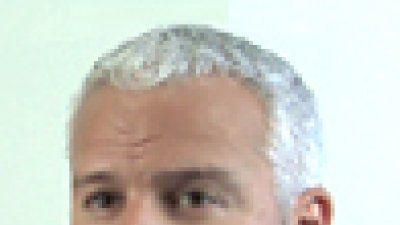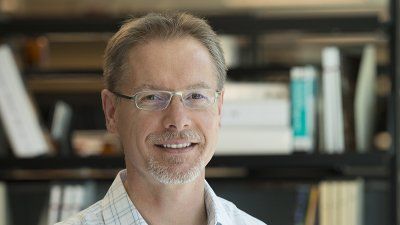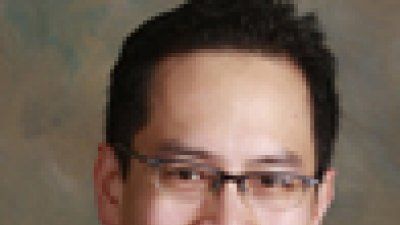Multiple Sclerosis 'Immune Exchange' Between Brain and Blood Is Uncovered
DNA sequences obtained from a handful of patients with multiple sclerosis at the UCSF Medical Center have revealed the existence of an “immune exchange” that allows the disease-causing cells to move in and out of the brain.




